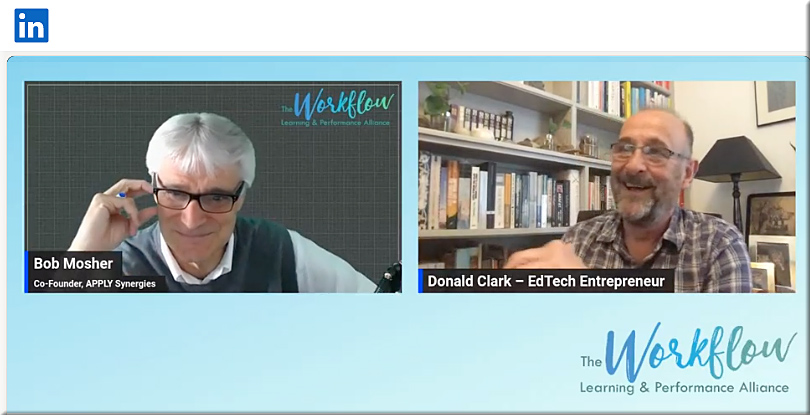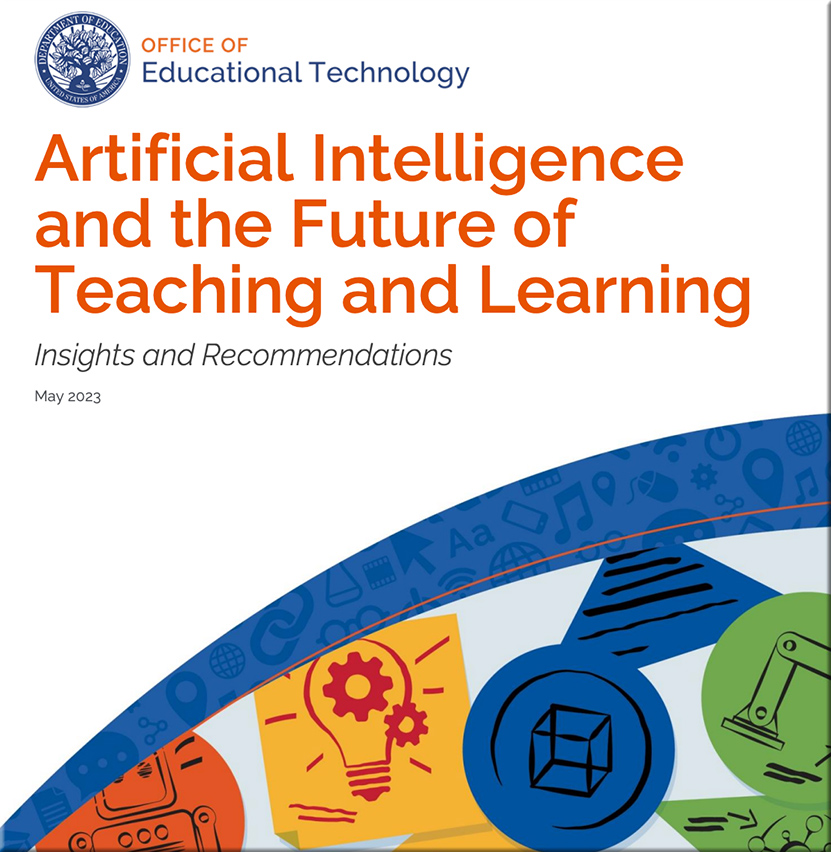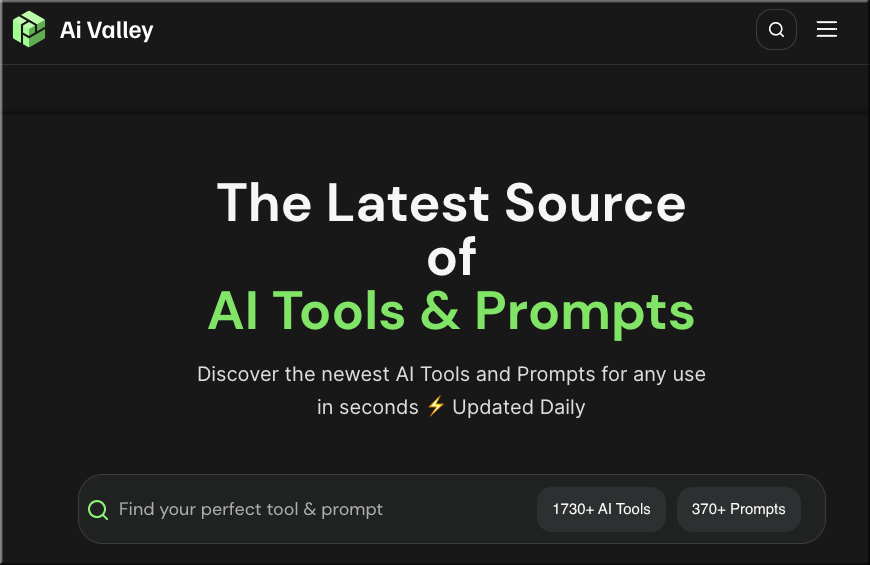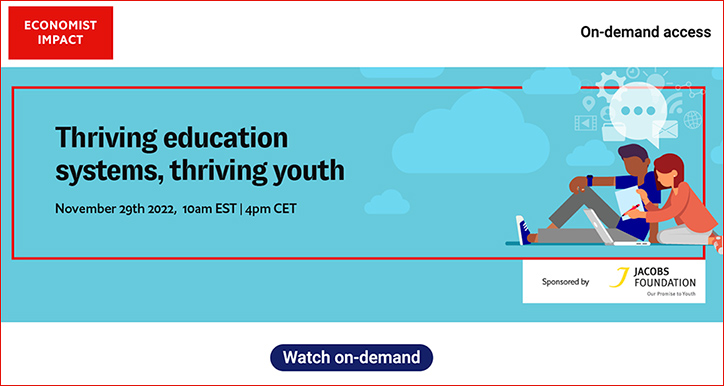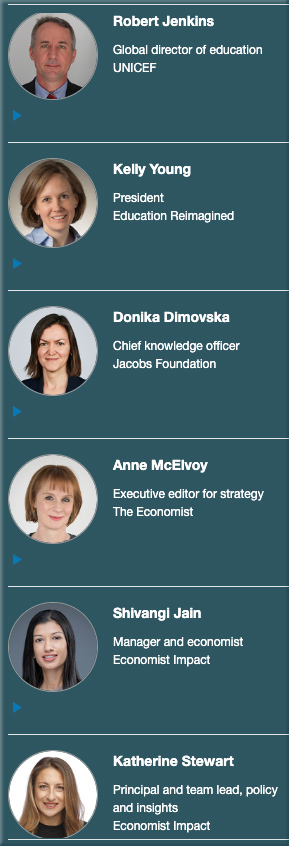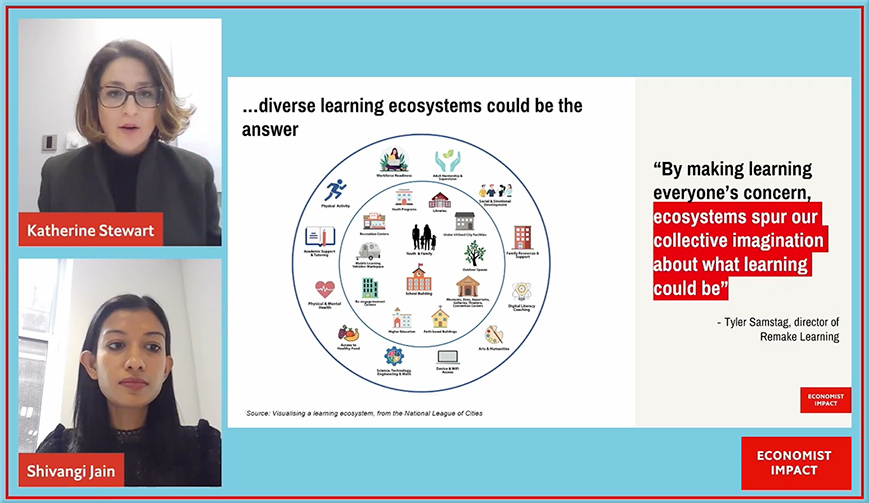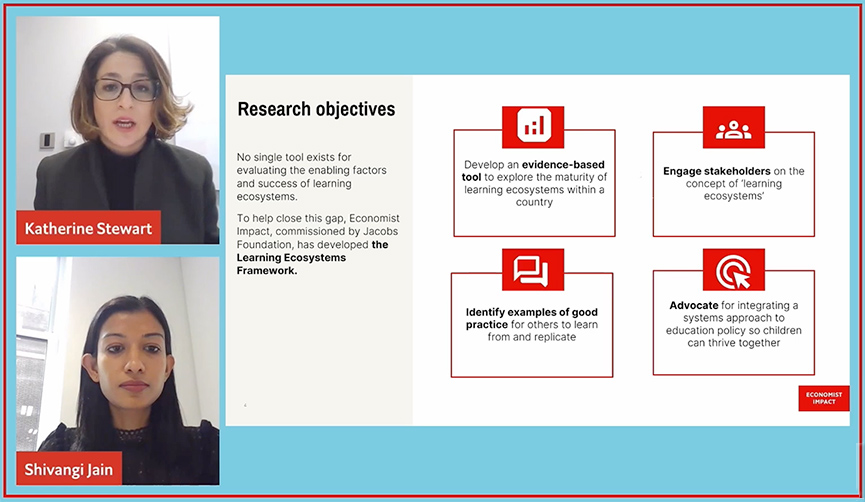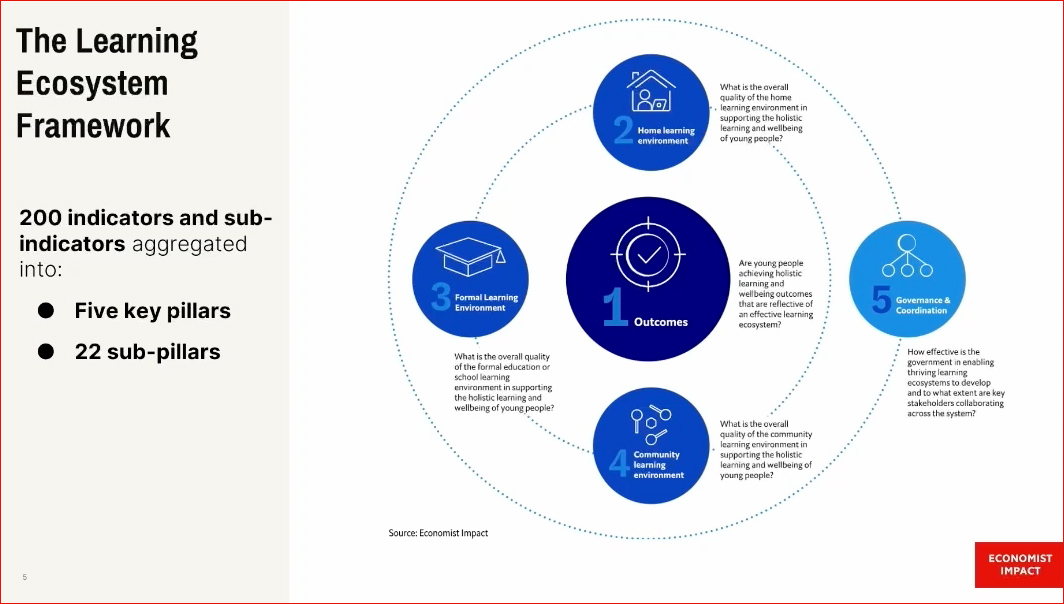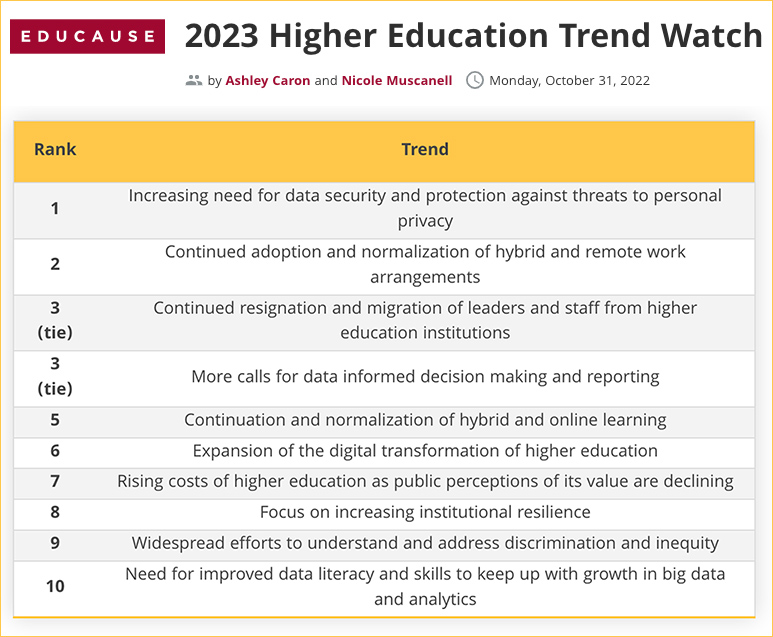9 ways ChatGPT will help CIOs — from enterprisersproject.com by Katie Sanders
What are the potential benefits of this popular tool? Experts share how it can help CIOs be more efficient and bring competitive differentiation to their organizations.
Excerpt:
Don’t assume this new technology will replace your job. As Mark Lambert, a senior consultant at netlogx, says, “CIOs shouldn’t view ChatGPT as a replacement for humans but as a new and exciting tool that their IT teams can utilize. From troubleshooting IT issues to creating content for the company’s knowledge base, artificial intelligence can help teams operate more efficiently and effectively.”
Would you let ChatGPT control your smart home? — from theverge.com by
While the promise of an inherently competent, eminently intuitive voice assistant — a flawless butler for your home — is very appealing, I fear the reality could be more Space Odyssey than Downton Abbey. But let’s see if I’m proven wrong.
How ChatGPT Is Being Used To Enhance VR Training — from vrscout.com by Kyle Melnick
Excerpt:
The company claims that its VR training program can be used to prepare users for a wide variety of challenging scenarios, whether you’re a recent college graduate preparing for a difficult job interview or a manager simulating a particularly tough performance review. Users can customize their experiences depending on their role and receive real-time feedback based on their interactions with the AI.
From DSC:
Below are some example topics/articles involving healthcare and AI.
Role of AI in Healthcare — from doctorsexplain.media
The role of Artificial Intelligence (AI) in healthcare is becoming increasingly important as technology advances. AI has the potential to revolutionize the healthcare industry, from diagnosis and treatment to patient care and management. AI can help healthcare providers make more accurate diagnoses, reduce costs, and improve patient outcomes.
60% of patients uncomfortable with AI in healthcare settings, survey finds — from healthcaredive.com by Hailey Mensik
Dive Brief:
- About six in 10 U.S. adults said they would feel uncomfortable if their provider used artificial intelligence tools to diagnose them and recommend treatments in a care setting, according to a survey from the Pew Research Center.
- Some 38% of respondents said using AI in healthcare settings would lead to better health outcomes while 33% said it would make them worse, and 27% said it wouldn’t make much of a difference, the survey found.
- Ultimately, men, younger people and those with higher education levels were the most open to their providers using AI.
The Rise of the Superclinician – How Voice AI Can Improve the Employee Experience in Healthcare — from medcitynews.com by Tomer Garzberg
Voice AI is the new frontier in healthcare. With its constantly evolving landscape, the healthcare […]
Excerpt:
Voice AI can generate up to 30% higher clinician productivity, by automating these healthcare use cases
- Updating records
- Provider duress
- Platform orchestration
- Shift management
- Client data handoff
- Home healthcare
- Maintenance
- Equipment ordering
- Meal preferences
- Case data queries
- Patient schedules
- Symptom logging
- Treatment room setup
- Patient condition education
- Patient support recommendations
- Medication advice
- Incident management
- … and many more
ChatGPT is poised to upend medical information. For better and worse. — from usatoday.com by Karen Weintraub
Excerpt:
But – and it’s a big “but” – the information these digital assistants provide might be more inaccurate and misleading than basic internet searches.
“I see no potential for it in medicine,” said Emily Bender, a linguistics professor at the University of Washington. By their very design, these large-language technologies are inappropriate sources of medical information, she said.
Others argue that large language models could supplement, though not replace, primary care.
“A human in the loop is still very much needed,” said Katie Link, a machine learning engineer at Hugging Face, a company that develops collaborative machine learning tools.
Link, who specializes in health care and biomedicine, thinks chatbots will be useful in medicine someday, but it isn’t yet ready.









